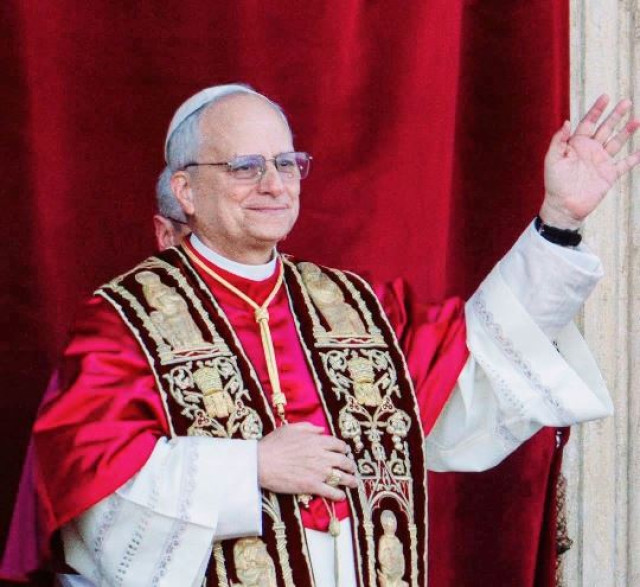VATICAN CITY – When Cardinal Robert Francis Prevost was elected Pope Leo XIV on May 8, he became the first American-born pontiff in the 2,000-year history of the Catholic Church. While the world celebrated this milestone, a curious legal and diplomatic question emerged: Can a U.S. citizen serve as the head of a foreign sovereign nation and if so, will Pope Leo XIV lose his American citizenship?
Dual Citizenship: Legal and Permissible
The short answer is no—he doesn't have to give up his citizenship. But the situation carries layers of legal nuance, financial complexity, and symbolic significance.
Under U.S. law, dual citizenship is allowed even for foreign heads of state so long as the individual doesn’t intend to relinquish their American nationality. According to U.S. Code §1481 and guidance from the State Department, assuming a foreign leadership role doesn't automatically trigger a loss of citizenship unless the person formally states that intent to a U.S. consular officer.
The Vatican imposes no such requirement either. Pope Francis kept his Argentine nationality and even renewed his passport in 2017. His predecessors, Benedict XVI and John Paul II, also retained their original citizenships.
Pope Leo XIV, a native of Chicago and naturalised Peruvian citizen, holds dual U.S.-Peruvian nationality. Under Peruvian law, this status also remains unless formally renounced.
Taxation: A Heavenly Role, Earthly Obligations
More complicated than citizenship is taxation. Under U.S. tax law, American citizens must report global income, regardless of residence. In theory, even a pope is not exempt.
Though the Vatican doesn’t pay its leader a salary, the papal office comes with in-kind benefits—housing, food, travel, healthcare, and a modest stipend. The IRS could, in principle, consider some of these taxable.
Further complicating matters, the Foreign Account Tax Compliance Act (FATCA) requires foreign institutions to disclose assets held by U.S. citizens. That could place a compliance burden on the Vatican’s financial systems, which are already undergoing reform.
Vatican Citizenship: Functional, Not Political
While Pope Leo XIV now serves as the sovereign of Vatican City, that doesn’t mean he’s a "citizen" in the traditional sense.
Diplomatic Complexity and Global Symbolism
The larger implications of Pope Leo’s dual citizenship are symbolic, yet significant.
As the first American pope, with deep missionary ties to Peru, Leo XIV embodies a blend of identities that may strengthen Vatican influence across the Americas. His leadership could bridge hemispheric divides and bolster the Church’s global reach.
Some observers argue that renouncing his U.S. citizenship would clarify his allegiance to the papacy. Others believe retaining it reflects the modern, international character of the Church.
What Happens Next?
There’s no sign Pope Leo XIV plans to renounce his U.S. or Peruvian citizenship. If he ever does, it would likely be handled quietly, through administrative channels.
For now, his historic election raises complex questions about nationality, sovereignty, and modern leadership. His next move could shape how the papacy adapts in an increasingly interconnected world.
Related News: JUST IN : Vatican appoint New Pope
Potential successors to Pope Francis as conclave approaches




















